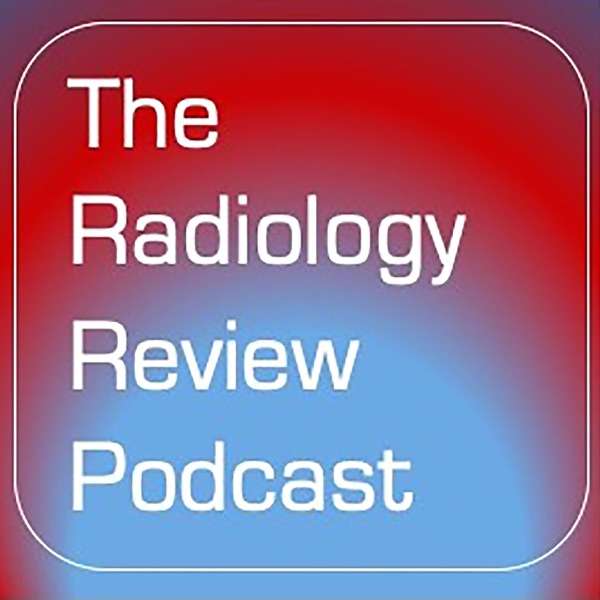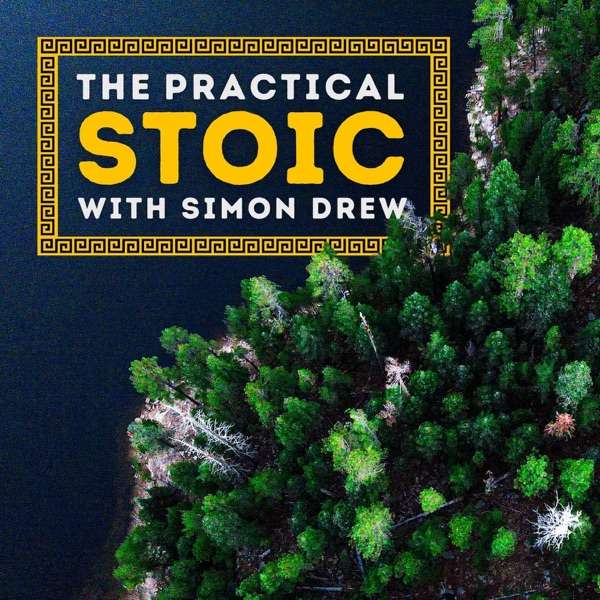When a listener wrote in about her husband's battle with erectile dysfunction, it cast a new light on the silent struggles many couples face with men's health as age creeps in. Our latest episode is a candid conversation that delves into the complexities of men's sexual and hormonal health. We share touching stories from our listeners and discuss how empathy and open dialogue can strengthen relationships and provide support during these challenging times. We also unpack the effects of testosterone on both physical and emotional well-being, dissecting how lifestyle choices can influence hormonal balance.
Navigating the murky waters of low testosterone and its ripple effects on intimacy, self-esteem, and overall health, we highlight the significance of a holistic approach to men's aging issues. Without pointing fingers at fad diets or exercise trends, we reveal the profound impact of weight training on testosterone production and the hidden dangers of quick fixes like steroid use. This episode isn't just about the problems; it's about understanding the interconnectedness of our lifestyle choices and our health, and the importance of medically supervised hormone replacement therapy when necessary.
As parents, we have a unique opportunity to lead by example, showing our kids the importance of fitness and nutrition—not just for aesthetics, but for long-term health and happiness. Our discussion emphasizes the profound benefits of prioritizing internal health over external beauty, and we share anecdotal evidence from our own lives that underscore this point. Finally, we extend an invitation to all couples to join the conversation and prioritize health within your own relationships, because sometimes, the most critical step toward a healthier life is the willingness to talk about it.
(00:00) Navigating Men's Health and Aging
This chapter we tackle the sensitive topic of aging and its effects on men's sexual health, a natural follow-up to our previous discussion on women's hormones and menopause. We share insights from our research into erectile dysfunction, as well as the broader implications on relationships and self-esteem. We highlight a personal story from a listener, who through empathy and communication, navigated the challenges of her husband's erectile difficulties, emphasizing the power of open dialogue in a relationship. Our conversation underscores the importance of understanding and supporting our partners through physical changes and encourages a non-judgmental approach to sensitive health issues.
(07:41) Understanding Low Testosterone and Its Effects
This chapter addresses the common issue of low testosterone in men, its symptoms, and the broader impact on relationships and personal well-being. We talk about how Western medicine often focuses on treating symptoms, like erectile dysfunction, rather than the underlying causes of low testosterone. I highlight the importance of understanding the body's capacity to recover with proper care and prevention methods. We also touch upon how women may internalize their partner's lack of interest in intimacy, which can lead to relationship struggles and miscommunication. The chapter further explores the role of diet, exercise, and lifestyle in the onset of low testosterone, noting that men's testosterone levels typically begin to decrease after age 30. Additionally, we discuss how men's health issues are often undetected and undiagnosed, emphasizing the need for greater awareness and open communication about these sensitive topics.
(16:11) Factors Affecting Testosterone Levels in Men
This chapter focuses on the impact of lifestyle choices on testosterone levels and the broader implications beyond erectile dysfunction. We discuss how poor diet, particularly high in processed sugars, can disrupt the production of testosterone and the importance of exercise, emphasizing resistance and weight training over excessive cardio. We explore the correlation between muscle mass and testosterone, debunking the myth that weightlifting leads to excessive bulkiness, especially in women. I share insights on how both men and women can boost their testosterone through specific types of physical activity and the potential negative effects of inactivity and poor dietary habits on hormonal health.
(28:27) The Risks of Steroid Use
This chapter addresses the serious issue of steroid use versus natural testosterone production and its implications for men's health. I clarify the misconceptions surrounding steroid use, highlighting the stark differences between synthetic anabolic steroids and the body's natural hormonal balance. We discuss the severe health risks associated with steroid abuse, including liver damage, cardiovascular issues, psychological effects, hormonal imbalance, and infertility. We then transition to the importance of natural methods and medically supervised hormone replacement therapy, emphasizing a tailored approach to individual needs for better outcomes and minimal risk. The conversation also covers the broad spectrum of adverse effects caused by low testosterone, such as mood disorders, fatigue, muscle and strength loss, decreased bone density, and more. We emphasize the need for an active, healthy lifestyle to mitigate the natural decline of testosterone with age and to maintain overall health and vitality.
(32:59) Maintaining Testosterone Levels Naturally
This chapter tackles the struggle of aging and the associated physical and mental decline, highlighting the frustration of not being able to live with the same vitality as in one's youth. We discuss the importance of maintaining an active lifestyle to preserve health and prevent cognitive decline, with a focus on practical tips to boost testosterone levels naturally. I share insights on the benefits of vitamin D from sun exposure, including an unconventional tip about sunbathing for improved testosterone. We emphasize the importance of exercise, particularly compound lifts, for testosterone production and provide guidance on starting resistance training safely. Additionally, we cover the role of diet in supporting testosterone, stressing the inclusion of healthy fats and zinc-rich foods. Finally, we touch on the significance of reducing stress, getting adequate sleep, and minimizing alcohol consumption to maintain overall well-being and hormonal balance.
(46:52) Setting a Healthy Example for Kids
This chapter focuses on the importance of parents maintaining their own health and fitness as a model for their children. We discuss the inevitable judgment people face regarding their health choices and the critical role parents play in shaping their children's attitudes towards fitness and nutrition. Acknowledging the challenges parents face in balancing their time, we stress the need for a plan to prioritize health, which not only benefits personal well-being but also sets a positive example for the kids. We share our personal experiences in establishing fitness routines, introducing our children to the gym, and incorporating activities like using kettlebells, yoga, and cycling to instill healthy habits from a young age. Our conversation underlines the long-term impact of parental behavior on children's confidence, lifestyle choices, and the ability to maintain a healthy weight into adulthood.
(51:54) Prioritize Internal Health Over External Beauty
This chapter emphasizes the importance of focusing on internal health rather than just external appearances. I share personal reflections on the significance of exercise, proper nutrition, and hormone health as part of a holistic approach to wellness. The conversation highlights the tendency to invest in superficial beauty enhancements like Botox and manicures, and contrasts this with the more substantial benefits of addressing internal health issues. I stress the value of prioritizing health, not just for immediate benefits but for long-term quality of life, touching on my own experience with expensive hormone therapy and the decision to invest in my well-being. The key takeaway is the metaphor of not putting "lipstick on a pig," encouraging listeners to nurture their inner health rather than masking issues with cosmetic fixes.
(55:13) Prioritizing Health in Relationships
This chapter we explore the importance of investing in our health as a way to improve our overall well-being and potentially save our relationships. We touch on the benefits of spending money on activities like going to the gym, getting facials, and even the more unconventional idea of tanning your balls. Recognizing the impact of hormonal changes on our relationships, we suggest getting hormones checked and promise to bring experts to discuss this further in future episodes. We also stress the significance of communication with partners and encourage sharing educational episodes like this one, as well as those on vaginal health and erectile dysfunction, with friends and family. By informing each other, we aim to lead healthier, happier lives. I remind listeners to send in comments or emails, with details provided in the show notes, as we sign off with encouragement to take charge of your health transformation.
\- [We are the Copelands Tiktok](https://www.tiktok.com/@wearethecopelands)
\- [**The Pusher Society**](https://wearethecopelands.com/)
\- [**Janelle's website**](https://www.janellecopeland.com/)
\- [**Join the Cake Cents FB Group**](https://www.facebook.com/groups/cakecents/)
\- [**Join the Push Podcast FB Group**](https://www.facebook.com/groups/PUSHpodcast/)
\- [**The Push Podcast's official website**](https://www.janellecopeland.com/podcast)
\- [**Cake Mamas Instagram**](https://www.instagram.com/thecakemamas/)
\- [**Eddie's Instagram**](https://www.instagram.com/copewitheddie/)
Email: hello@thepushpodcast.com

 Our TOPPODCAST Picks
Our TOPPODCAST Picks  Stay Connected
Stay Connected







